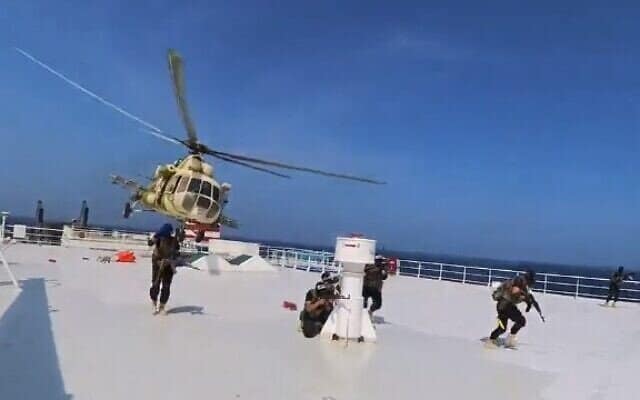“Physical tension on the slow round”; Yemen’s asymmetric war under the flag of resistance.
Michael Prenty, an American political researcher, has said somewhere that “economic violence is the same as physical violence, but slower”; Economic sanctions against Iraq in the 1990s directly led to the death of half a million Iraqi children. Economic sanctions can be as deadly as bombs and cruise missiles.
Referring to the vulnerability of America and its allies, the Sputnik news agency has written a report that you can read in detail:
At first glance, it may seem that the weapons of the United States and the United Kingdom, which Yemen was recently targeted with, cannot be compared to what Yemen has in its possession, and it can be blindfolded, but Washington and Europe in terms of military and economically, they are practically more vulnerable than Yemen. In simpler terms, America, England, Europe, and Israel have much more to lose, both economically and militarily.
Ansarullah is not alone because Lebanon’s Hezbollah, which today is considered one of the most efficient fighting forces in the world, has about 100,000 highly trained and highly motivated forces in Beirut, and now not officially but unofficially and unannounced. It is in a battle with Israel and this battle will probably intensify in the coming days.
In October 1983, Hezbollah was able to kill 305 American and French occupation soldiers for losing only 2 fighters on the battlefield. Of these, 220 were Marines, and this was the highest single-day casualty of this branch of Washington’s armed forces since Iwo Jima in 1945. In the 2006 war between Hezbollah and Israel, during which Israel attacked southern Lebanon, Hezbollah inflicted “unbearable losses” on Israeli forces, forcing them to withdraw from Lebanon and sign Security Council Resolution 1701.
Although the number of Lebanese victims was significantly higher than the Israelis, that war was a tactical and strategic failure for Tel Aviv. It is much, much better for Israel and its allies in America and Europe to review those two wars well before deciding to escalate the tension and violence and bring it to a point of no return!
The escalation of tension between Hezbollah and the Israeli army on the southern border of Lebanon not only expands the current area of war to the east of the Mediterranean Sea, but it can immediately become a serious threat to the city of Haifa; A city that is only 20 miles (a little more than 32 kilometers) away from the Lebanese border. Haifa port is the second largest port in Israel in terms of loading capacity, and the Haifa refinery refines more than 66 million barrels of crude oil annually, equivalent to more than one million barrels of oil per day.
This port and especially the refinery it houses will be the main targets and significant damage to any of them, especially the refinery, will have serious consequences for the Israeli economy.

